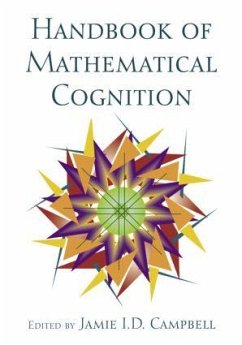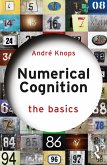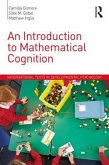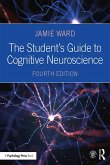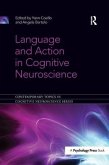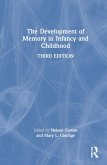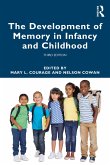How does the brain represent number and make mathematical calculations? What underlies the development of numerical and mathematical abilities? What factors affect the learning of numerical concepts and skills? What are the biological bases of number knowledge? Do humans and other animals share similar numerical representations and processes? What underlies numerical and mathematical disabilities and disorders, and what is the prognosis for rehabilitation? These questions are the domain of mathematical cognition, the field of research concerned with the cognitive and neurological processes that underlie numerical and mathematical abilities. The Handbook of Mathematical Cognition is a collection of 27 essays by leading researchers that provides a comprehensive review of this important research field.
"The scientific investigation of mathematical cognition is a relatively recent enterprise. Compared with the interest and resources that have been invested in literacy skills, numerocity is a fledgling topic for scientific enquiry. Yet in a short space of time, our knowledge has grown rapidly. This exceptionally comprehensive handbook brings together all the diverse approaches to the field. These 27 essays are grouped into 5 sections that deal with number representations, cognitive procedures, development and learning of numerocity, and neuropsychology of number skills, both in youth and adults. Apart from such mainline research, the handbook is liberally spaced with diversions to more esoteric topics, such as the numerical abilities of pigeons. The editor is to be congratulated for his success in recruiting and coordinating such an authoritative group of contributors.
." -- Elizabeth Warrington, The Dementia Research Centre, National Hospital for Neurology and Neurosurgery
"With recent advances in tracing cognitive processes and brain imaging, the structures of mathematical ability are now emerging in greater detail. In this handbook, the world's leading scientists describe their cutting-edge insights into the mental representations and skills that mediate mathematical calculation and estimation. Anyone interested in the nature of human development and skill acquisition should read this book.
." -- K. Anders Ericsson, Florida State University
." -- Elizabeth Warrington, The Dementia Research Centre, National Hospital for Neurology and Neurosurgery
"With recent advances in tracing cognitive processes and brain imaging, the structures of mathematical ability are now emerging in greater detail. In this handbook, the world's leading scientists describe their cutting-edge insights into the mental representations and skills that mediate mathematical calculation and estimation. Anyone interested in the nature of human development and skill acquisition should read this book.
." -- K. Anders Ericsson, Florida State University

